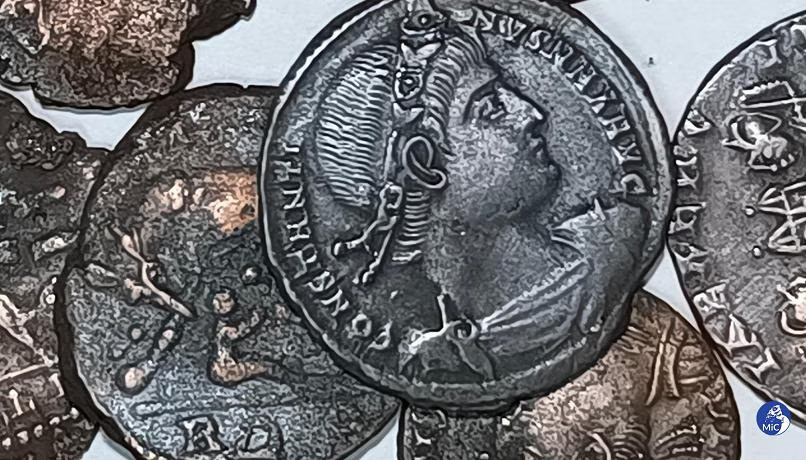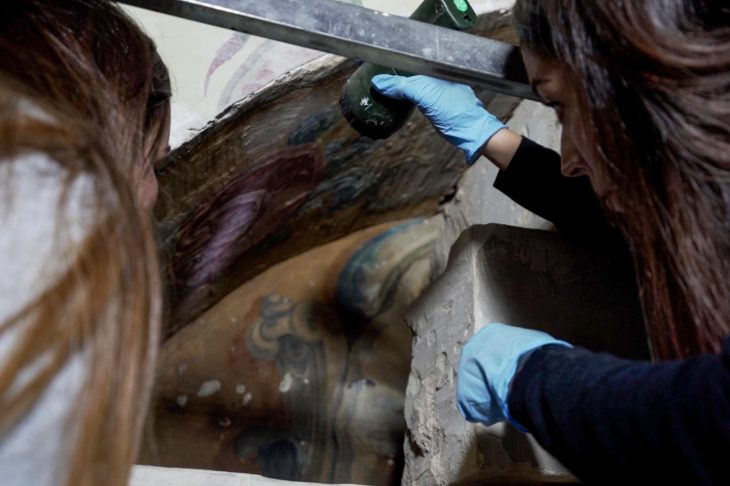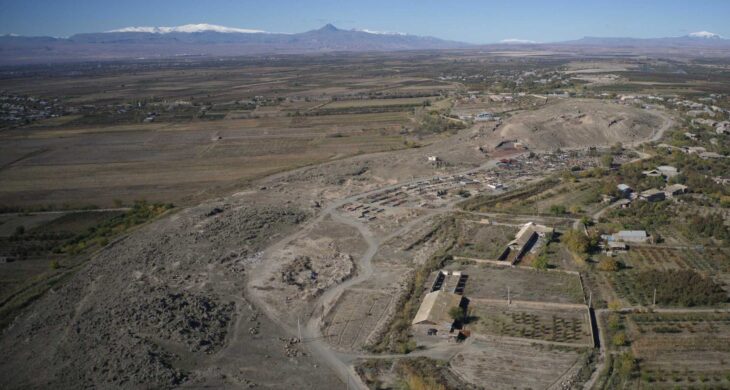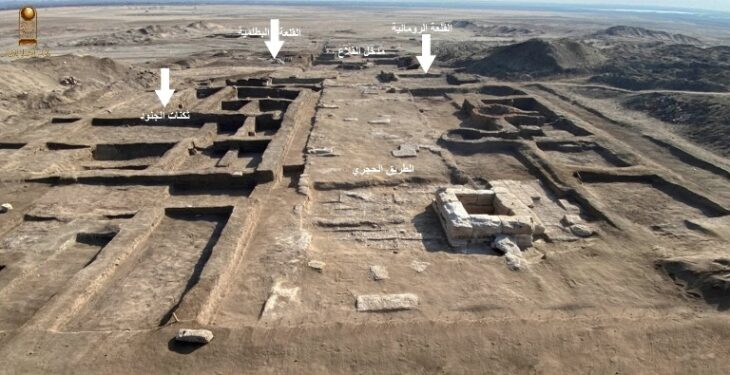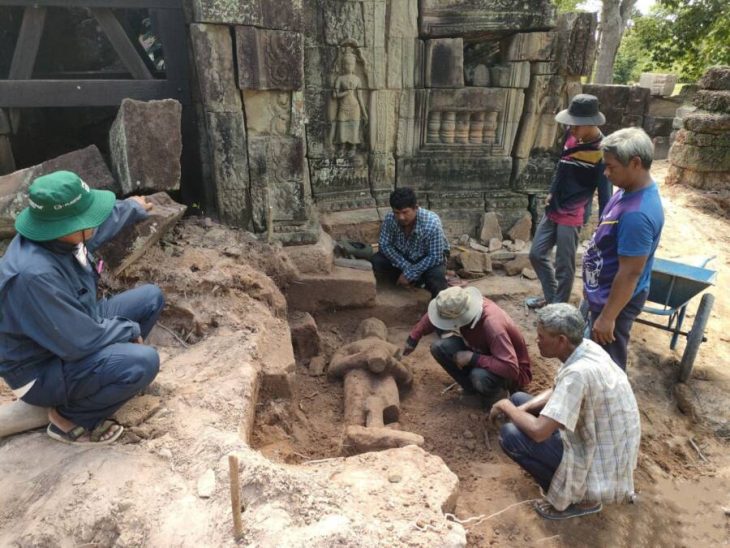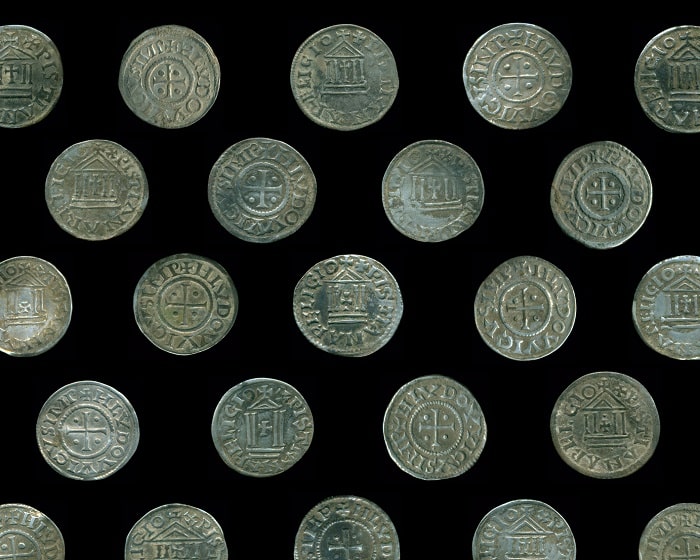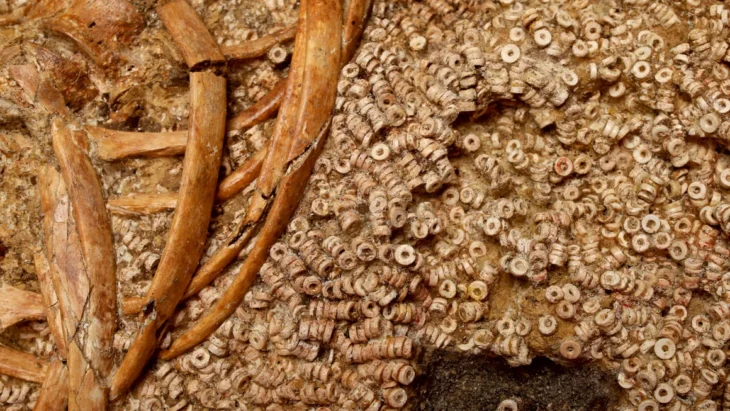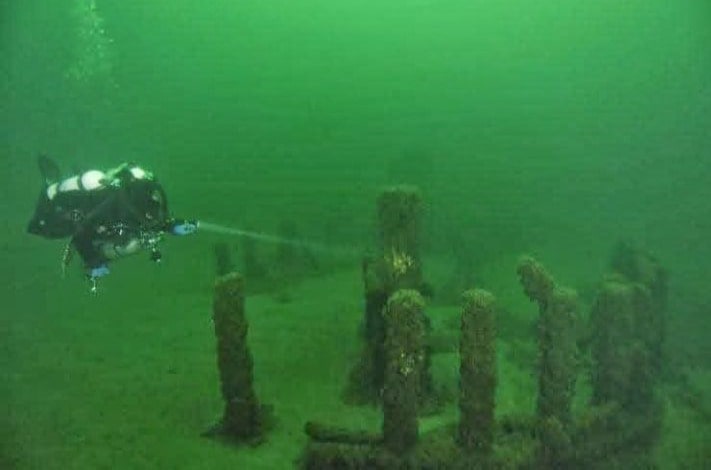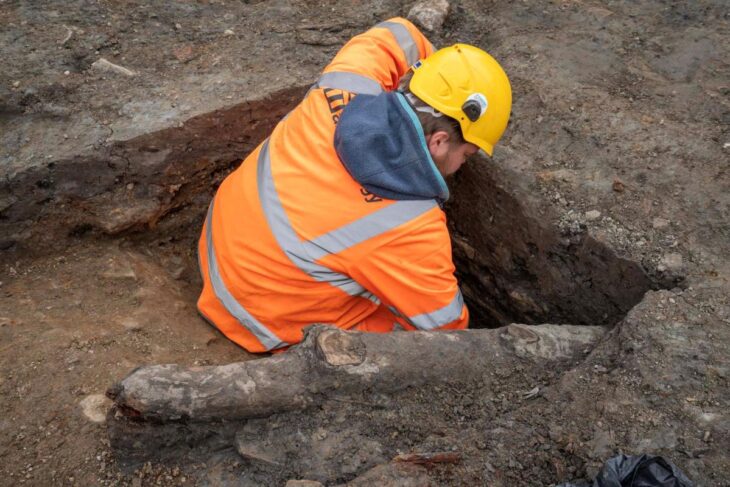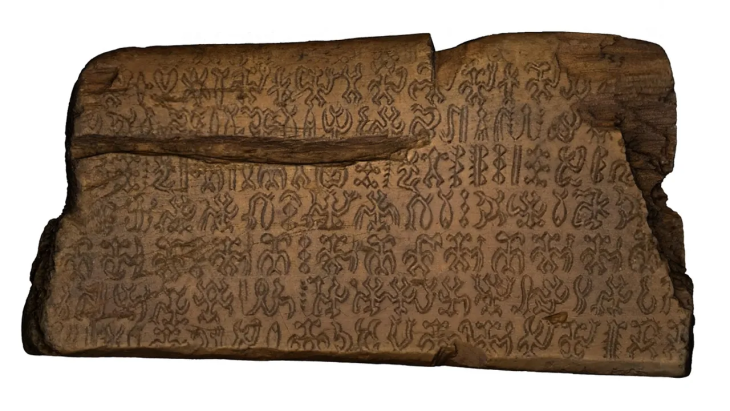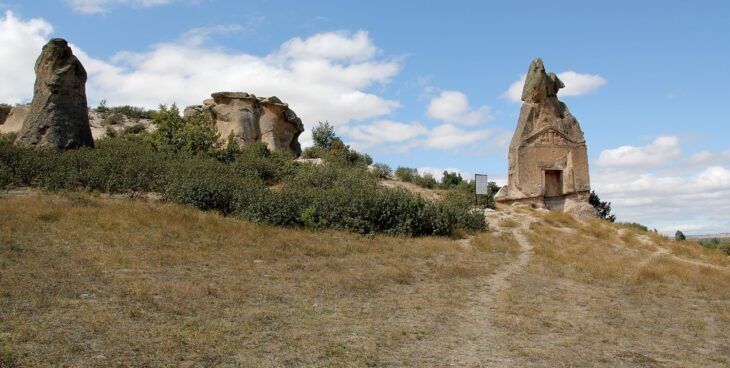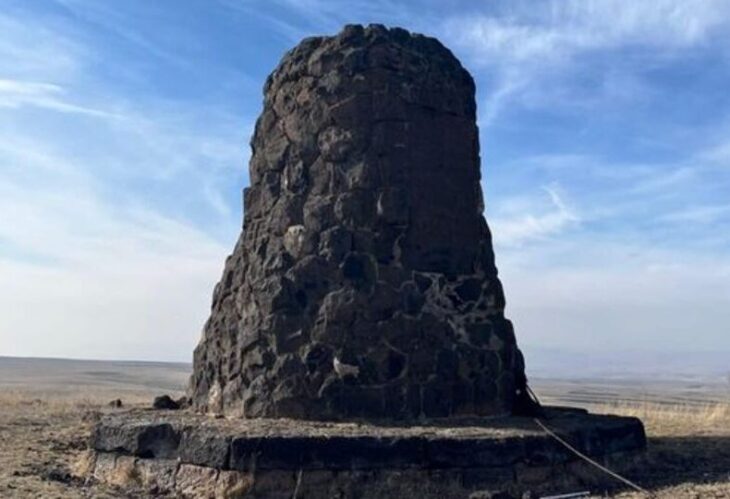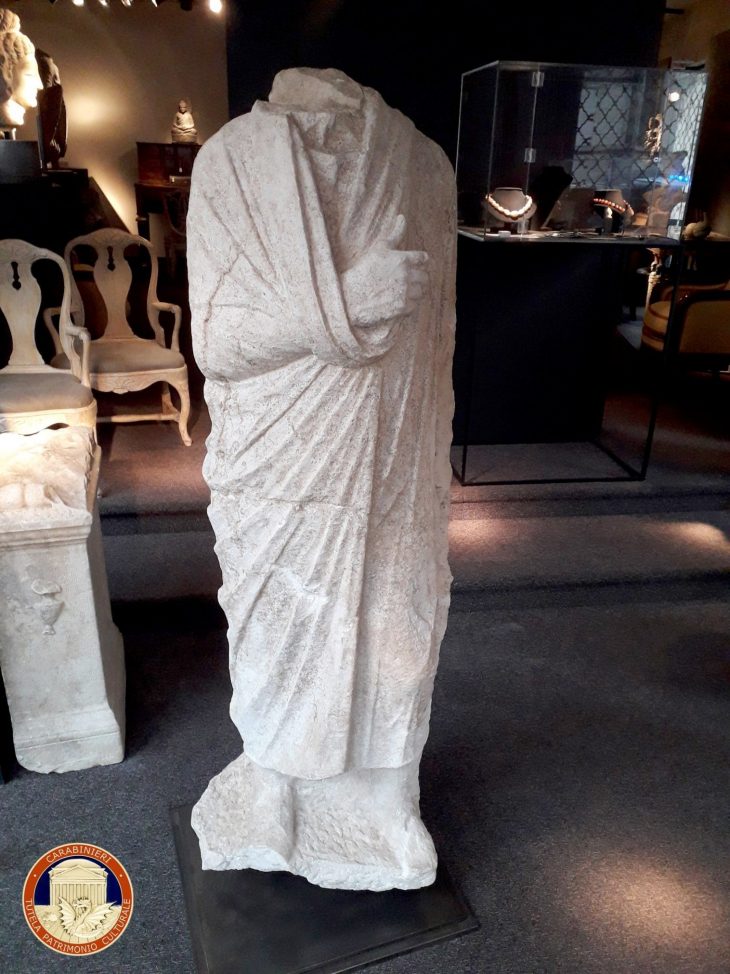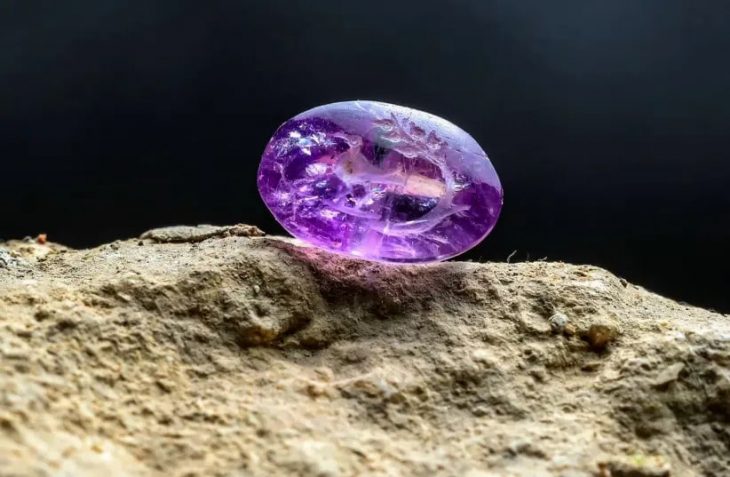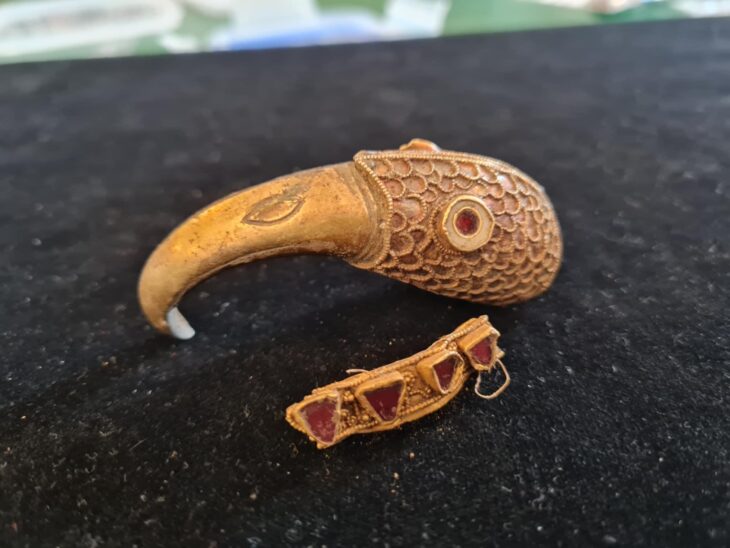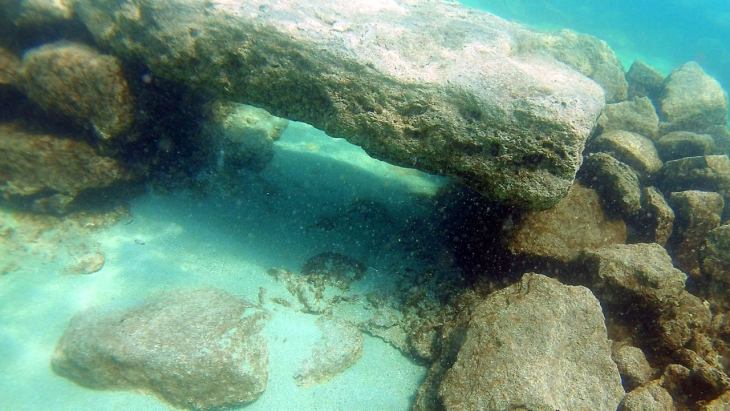A diver spotted something metallic at the bottom of the sea off the town of Arzachena in the Sassari province of northern Sardinia, the second-largest island off the coast of Italy, leading to the discovery of tens of thousands of ancient bronze coins.
The Italian Ministry of Culture said on Saturday that the diver had notified the authorities, who then dispatched divers from the ministry’s underwater archaeology department to form an art protection squad.
The coins were discovered in seagrass not far from the island’s northeastern shore and date to the first half of the fourth century. The exact number of coins recovered has yet to be determined because they are being sorted. According to a first estimate, made based on the overall weight of the discovery, the number of large bronze coins found would be between 30,000 and 50,000 specimens, more than those found in 2013 in the United Kingdom, in Seaton.
In addition to the coins, walls of amphorae of African production and, in smaller numbers, of oriental production were identified in the deposit.
The dives revealed the existence of two macro-areas of dispersion of follis in a large sandy area that opens up between the beach and the seagrass; the latter, given the location and shape of the seabed, there could be remains of ship wreckage nearby. All the coins taken are in an exceptional and rare state of conservation. Only 4 pieces are damaged, although still legible.
📣 Our WhatsApp channel is now LIVE! Stay up-to-date with the latest news and updates, just click here to follow us on WhatsApp and never miss a thing!!
The chronological context of the coins can be found in a period between 324 (Licinius coinage) and 340 AD. Dating is confirmed by the presence of the coinage of Constantine the Great and that of all the other members of the family present as caesars but above all by the absence of centenionales, minted starting from 346 AD. The recovered follis group comes from almost all the mints of the empire active in that period except Antioch, Alexandria, and Carthage.
“The treasure found in the waters off Arzachena represents one of the most important coin discoveries, in recent years, said Luigi La Rocca, a Sardinian archaeology department official.
The coins, which date from the first half of the fourth century, are in excellent condition and provide valuable insight into the region’s history. The discovery also emphasizes the importance of safeguarding the Mediterranean Sea’s archaeological heritage.

